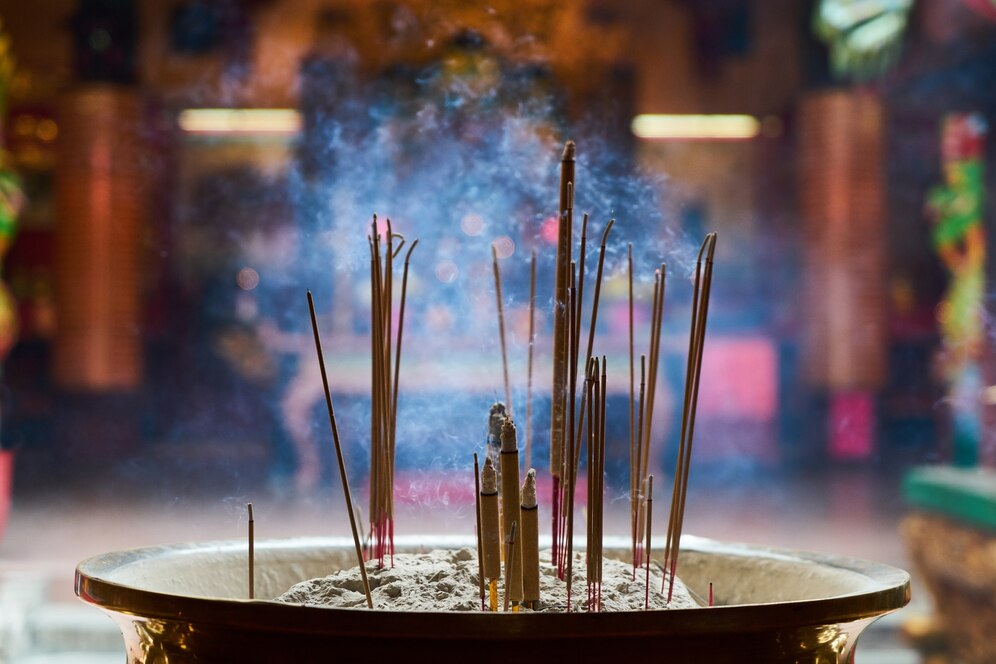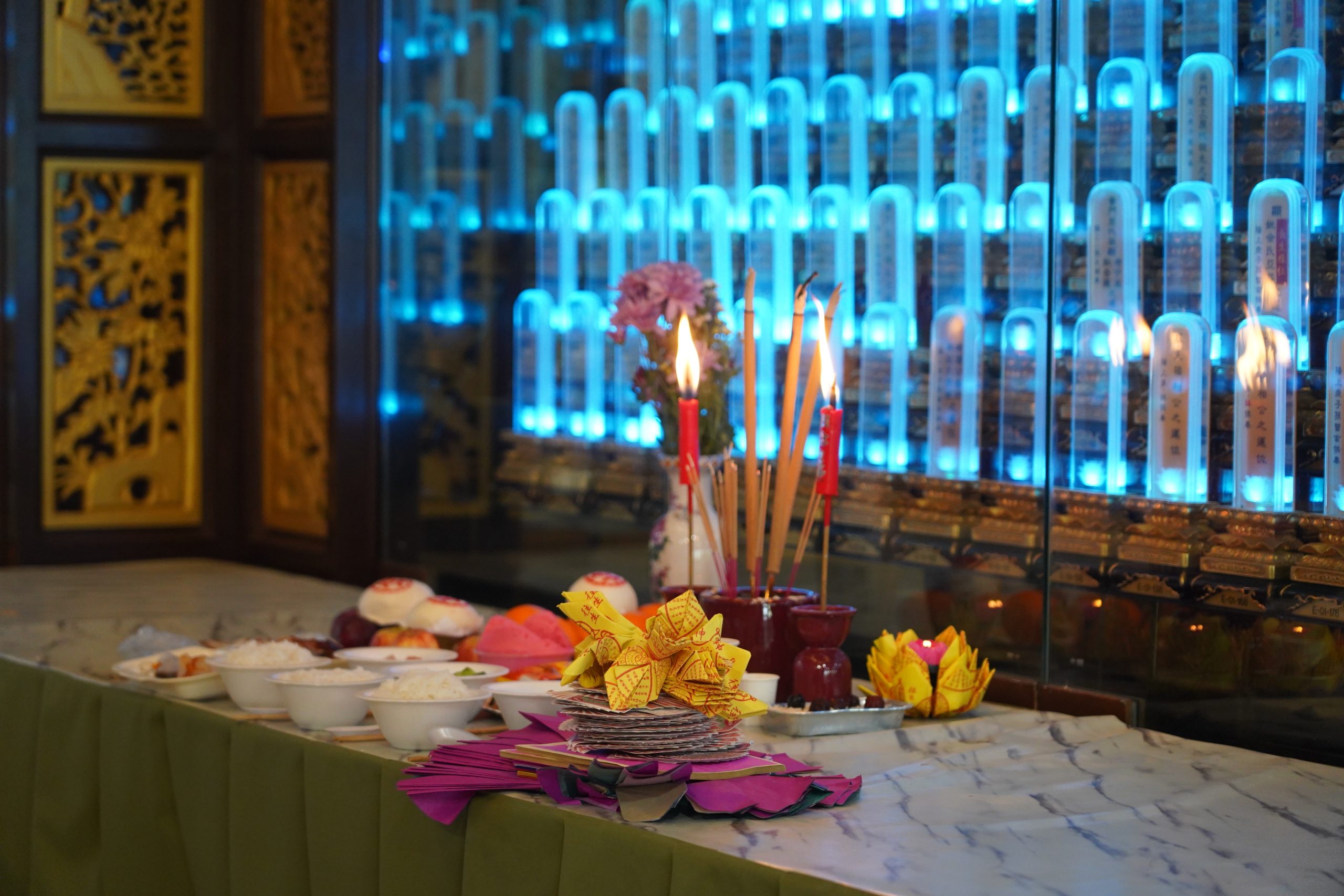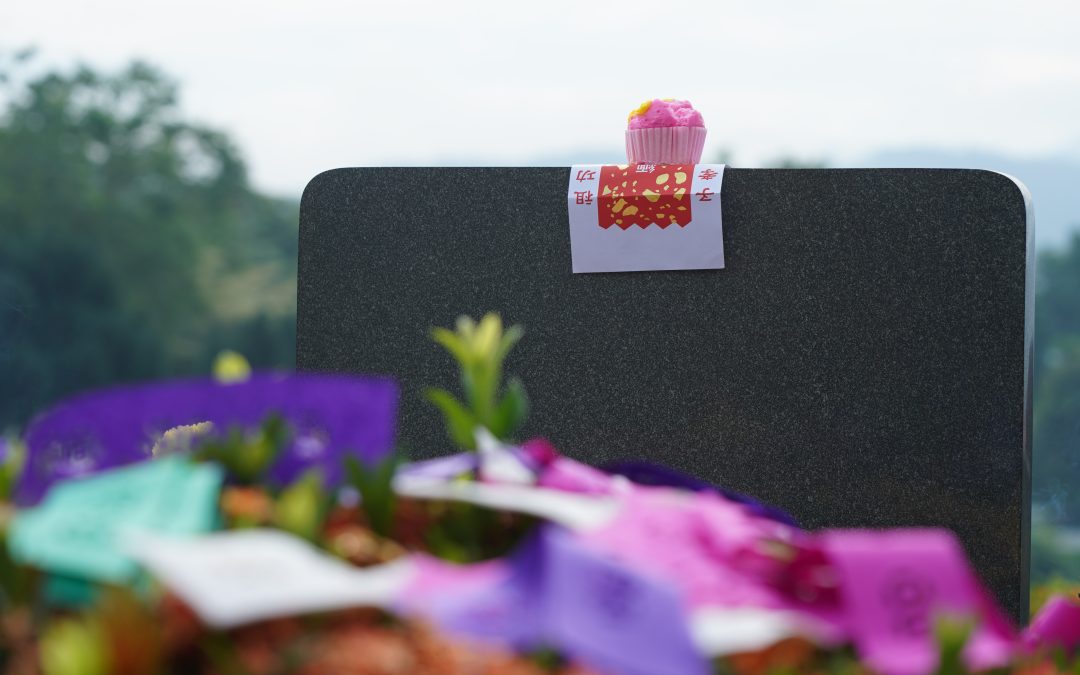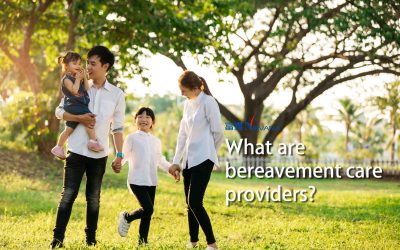As Qing Ming Festival draws closer, have you already made plans with your family for tomb-sweeping rites? Like all traditional Chinese festivals, Qing Ming Festival comes with its own set of customs and taboos. These might include not calling out the names of the living in the cemetery, married daughters not returning to their maiden homes for tomb-sweeping rites, or certain zodiac signs needing to avoid participating. Another tradition related to the Qing Ming Festival is “Early Qing Ming,” which is more of a guideline than a taboo.

“Early Qing Ming” is a simplified term that refers to the practice of visiting and performing tomb-sweeping rites before the actual Qing Ming Festival. Traditionally, there is a saying that states, “New tombs shouldn’t wait until the day to honour the Earth deity.” This belief is documented in the “Shinan Prefecture Chorography,” a Qing dynasty text that records over 31 volumes of information relating to astronomy, geography, customs, military, art, literature, and traditions. It states, “For newly buried tombs, offerings must be made before the day to honour the Earth deity, and all male and female family members, including relatives, should participate.” Deceased individuals within three years are considered “new tombs,” and their descendants should visit the tombs before Qing Ming Festival for the first three years. “Before the day to honour the Earth deity” means not exceeding the Spring Earth Deity Worship Festival, which is the traditional day for worshipping the Earth deity for a bountiful harvest, usually the fifth Wu day after the Beginning the Spring. The Spring Earth Deity Worship Festival falls on the 21st day of the second lunar month this year, which is March 20th on the Gregorian calendar.

The reasoning behind “Early Qing Ming” can be understood from two perspectives. In ancient folk beliefs that predates Buddhism and Taoism, the Chinese believed people transition to spirit form upon death.
Many believed “Early Qing Ming” is a special privilege granted by the Lord of the Netherworld to new spirits, allowing them to enjoy the offerings of filial descendants earlier without having to compete with older spirits. Therefore, descendants can perform ancestral worship earlier without waiting for the arrival of Qing Ming Festival.
The other reasoning is more rational and practical in nature. Qing Ming is one of the 24 solar terms of the traditional Chinese lunisolar calendar. Because we don’t experience the four seasons in Malaysia, we don’t feel any major changes in the transitioning of solar terms. In China however, the Qing Ming Festival is also called the Spring Outing Festival—a time when families enjoy outdoor activities and picnics while also visiting ancestral tombs. Traditionally, the Qing Ming Festival is not meant to be a sorrowful day, but rather a time for family bonding and remembrance.
Nevertheless, for those who have lost a loved one within the past three years, the grieving family members are still in mourning and may not share the more light-hearted sentiments and jovial mood of others coming to perform tomb-sweeping rites. By observing “Early Qing Ming,” bereaved families can visit the tombs earlier and mourn privately without being surrounded by the lively atmosphere of others enjoying their spring outings. From this perspective, this tradition shows consideration for the emotions of mourning families.
In the past, the definition of a new tomb was three years because mourning lasted three years. Nowadays, the three-year mourning period is rarely observed anymore, so many service providers instruct families to perform “Early Qing Ming” only in the first year. This is a result of social changes adapting to modern rhythms.
Thus, is the significance of “Early Qing Ming” to allow new spirits to enjoy offerings sooner or to let mourning families avoid noisy crowds? Beliefs are free, and traditions are merely guidelines. Whether or not to follow the “Early Qing Ming” rule should be up to the families involved. Filial piety and remembrance of loved ones are not bound by specific days; besides Qing Ming and Chong Yang Festivals, you can visit the tombs and pay respects to your ancestors anytime.

The difference between columbarium and mausoleum
The difference between columbarium and mausoleum The words columbarium and mausoleum are sometimes used interchangeably but both terms actually refer to very distinct memorial structures. The mausoleum (or mausolea in plural) has always been associated with the...
Memorial options for cremations
Memorial options for cremations Upon cremation, the ashes or “cremains” are usually collected by the crematorium and returned to the family in an urn. At this stage, it is up to the bereft family to decide on how to memorialise their loved one. Professional...
Columbaria and cremation niches
Columbaria and cremation niches A columbarium is a construct used for the storage or final resting place of cremated remains in cinerary urns. They can be free standing structures, or part of a building with many niches resembling dovecotes. In fact, the term...
Burial versus cremation
Burial versus cremation When referring to burial or cremation, this usually relates to the final stage of the funeral involving the disposition of remains. In burial, the remains are interred whole below ground in a cemetery or in some cases, a crypt or mausoleum. In...
The Funeral
The Funeral Funerals tend to be very spiritual in nature and are generally dependent on the deceased’s cultural and religious background. The customs and practices may vary from place to place even for similar religions. Regardless of these differences, funerals are...
Meeting the bereavement care provider
Meeting the bereavement care provider service representative or consultant Owing to the unpredictability of death, bereavement care providers are generally on call 24 hours a day all year round and will be ready to assist at just a phone call. An understanding service...
What are bereavement care providers?
Bereavement care providers are generally professional establishments that engage in death care, burial preparation, funeral and memorialization of the deceased.
Nirvana Life Plans
Nirvana Life Plans Funeral planning is a complex and sensitive matter. Whether as a pre-plan or an immediate need, knowing where to begin and deciding what needs to be done can be daunting for many, especially for those who have never been directly involved in the...
Why is pre-planning important?
Life is uncertain; but death isn’t. That is the universal truth that is shared by all regardless of age, status, race or gender. Anyone who has lived through the unfortunate passing of a loved one will know how devastating it can be.
When is the best time to pre-plan?
When is the best time to pre-plan? The topic of death is a delicate one and it is understandable many are uncomfortable to discuss it. However, one should contemplate on this question: which comes first, tomorrow or death? We can never know for sure, but death...



























